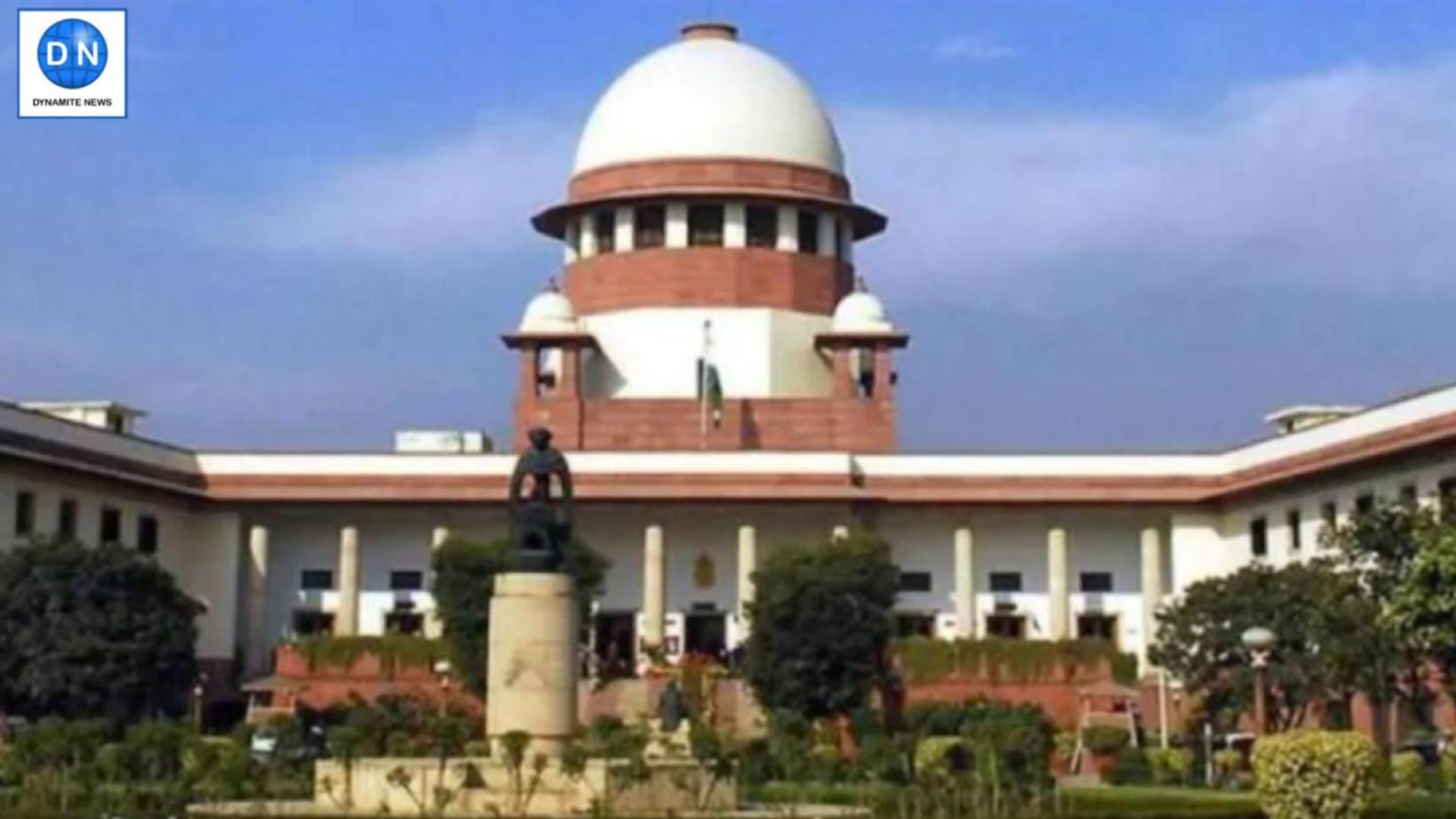
New Delhi: The Supreme Court has warned about the misuse of laws protecting women from cruelty by their in-laws, husbands, amid the nationwide outrage over the alleged suicide of 34-year-old Bengaluru techie.
Techie dies by suicide
Atul Subhash, who originally hailed from Uttar Pradesh, made a video in which he accused his wife and her family members of harassment. Subhash also criticised the judicial system in the 24-page purported suicide note.
Supreme Court remark
A Bench of Justices B V Nagarathna and N Kotiswar Singh made the remarks while setting aside a Telangana High Court order refusing to quash a dowry harassment case against a man, his parents and other family members.
Also Read |
Supreme Court takes note of Justice Shekhar Kumar Yadav's remark on Muslim community
"It is a well-recognised fact, borne out of judicial experience, that there is often a tendency to implicate all the members of the husband's family when domestic disputes arise out of a matrimonial discord. Such generalised and sweeping accusations unsupported by concrete evidence or particularised allegations cannot form the basis for criminal prosecution," the bench said.
‘Courts must exercise caution’
The apex court said courts must exercise caution in cases involving matrimonial disputes to prevent misuse of legal provisions and the legal process and avoid unnecessary harassment of innocent family members.
The inclusion of Section 498A of the IPC by way of an amendment was intended to curb cruelty inflicted on a woman by her husband and his family, ensuring swift intervention by the State, the apex court added.
Also Read |
Karnataka: Bengaluru techie ends life over ‘harassment’, leaves suicide note
“However, in recent years, as there have been a notable rise in matrimonial disputes across the country, accompanied by growing discord and tension within the institution of marriage, consequently, there has been a growing tendency to misuse provisions like Section 498A (cruelty by husband or his relatives against wife) of the IPC as a tool for unleashing personal vendetta against the husband and his family by a wife,” the court said. (With Agency Inputs)







